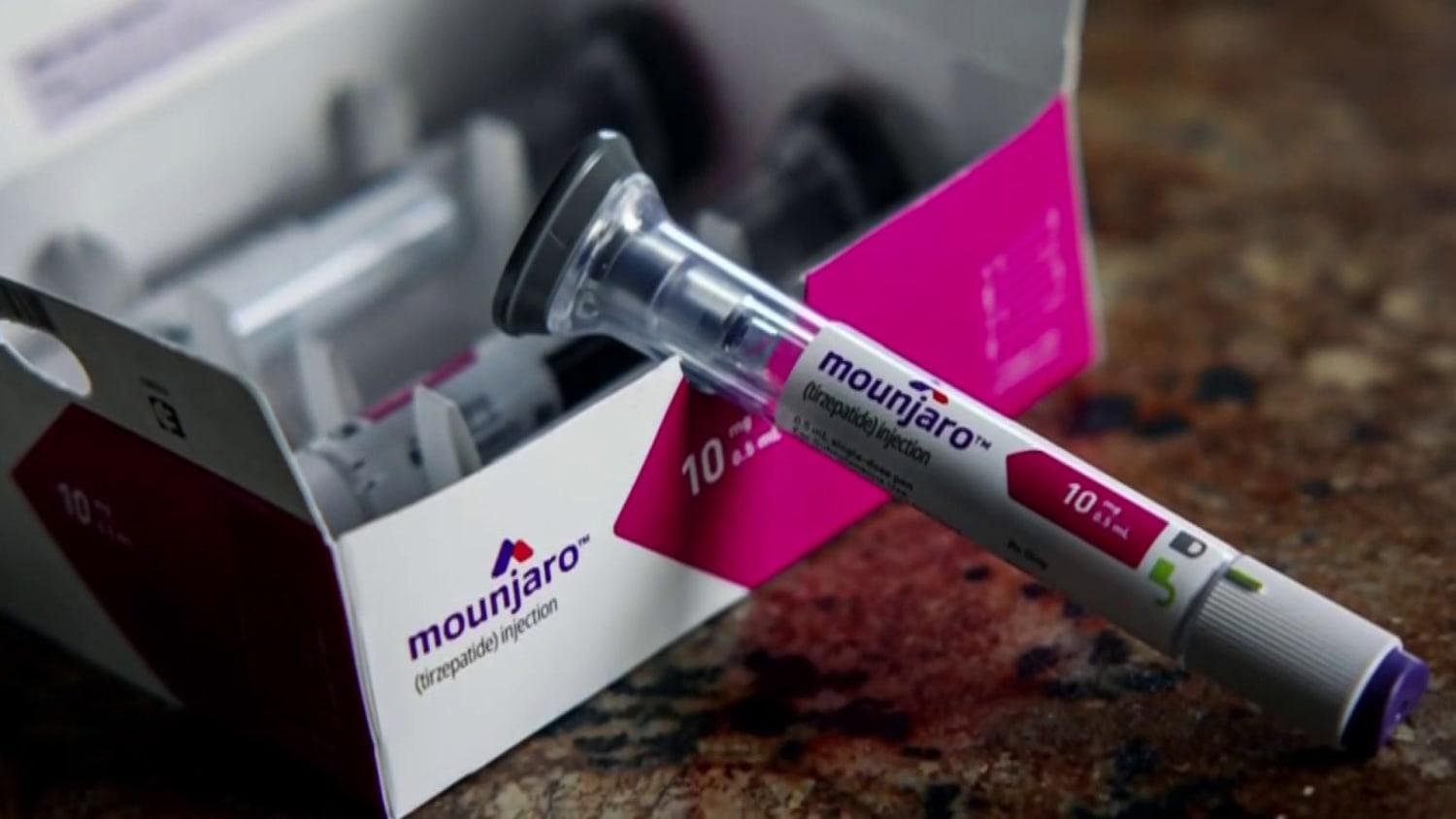In the relentless pursuit of a slender silhouette, the allure of weight loss drugs often looms large. Whether you’re on the cusp of trying them or already immersed in their transformative embrace, understanding their intricate tapestry of benefits and risks is paramount. Join us as we navigate the labyrinthine world of weight loss drugs, empowering you with the knowledge to make informed decisions about your weight management journey.
Understanding the Science of Weight Loss Drugs
Weight loss drugs work by targeting different mechanisms in the body. Here’s how they function:
Appetite Suppressants:
- Decrease appetite by increasing serotonin levels
- Include drugs like phentermine, diethylpropion, and mazindol
Fat Absorption Inhibitors:
- Block the absorption of dietary fats into the bloodstream
- Examples: orlistat and lorcaserin
| Drug Class | Mechanism | Examples |
|—|—|—|
| Central Nervous System Stimulants | Increase alertness and reduce appetite | Phentermine, Diethylpropion |
| Lipolytics | Break down stored body fat | Tesamorelin |
| Peripheral Nervous System Stimulants | Reduce absorption and increase metabolism | Phendimetrazine, Bupropion |
| Anti-obesity Medications | Block absorption of fat | Orlistat, Lorcaserin |
Assessing Your Eligibility and Weighing the Risks
Determining your eligibility for weight loss drugs involves a thorough medical evaluation to assess your overall health, weight, and contributing factors. Your doctor will review your medical history, including any underlying conditions or medications that could impact the safety or effectiveness of the drugs. Your weight and body mass index (BMI) will also be considered, as eligibility typically requires a BMI of 27 or higher.
It’s crucial to weigh the potential risks and benefits of weight loss drugs. While they can aid in weight loss, they come with potential side effects that vary by medication. Common side effects include nausea, vomiting, dry mouth, constipation, and headaches. Serious side effects, though rare, can include heart problems, strokes, seizures, and liver damage. Before starting any medication, discuss the potential risks and benefits thoroughly with your doctor to make an informed decision.
Lifestyle Changes and Adjunctive Therapies
In addition to weight loss drugs, making lifestyle changes can significantly enhance their effectiveness. These changes may include:
Dietary Modifications: Focus on consuming nutrient-rich foods like fruits, vegetables, whole grains, and lean protein. Limit processed foods, sugary drinks, and unhealthy fats.
Physical Activity: Engage in regular exercise. Aim for at least 150 minutes of moderate-intensity or 75 minutes of vigorous-intensity exercise per week. Find activities you enjoy to make it sustainable.
Sleep Optimization: Establish a regular sleep routine, getting 7-9 hours of quality sleep per night. Sleep deprivation can disrupt hormones involved in weight regulation.
Stress Management: Explore techniques like yoga, meditation, or spending time in nature to manage stress. Chronic stress can lead to emotional eating and weight gain.
* Counseling: Seeking support from a registered dietitian, psychologist, or therapist can provide guidance, accountability, and emotional support for sustainable weight loss.
Adjunctive Therapies:
Certain adjunctive therapies can complement weight loss drugs and lifestyle changes to further enhance results:
| Therapy | Benefits | Considerations |
|—|—|—|
| Cognitive Behavioral Therapy (CBT) | Helps identify and change negative thoughts and behaviors related to weight management. | May require ongoing sessions. |
| Hypnotherapy | Induces a relaxed state to modify subconscious beliefs and promote healthy eating habits. | Evidence is mixed, and individual results may vary. |
| Acupuncture | May stimulate weight-regulating hormones and reduce appetite. | Requires multiple treatments. |
In Retrospect
As you embark on your weight loss journey with the aid of pharmaceuticals, remember that knowledge is power. Equip yourself with the facts, weigh the perspectives, and engage in open dialogue with your healthcare team. Embracing a holistic approach that incorporates behavioral modification, nutritional counseling, and emotional support will maximize your chances of long-term success. May this exploration empower you to make informed decisions and achieve your health goals with confidence and well-being.
